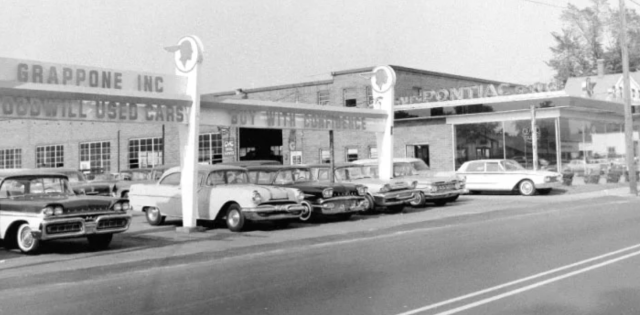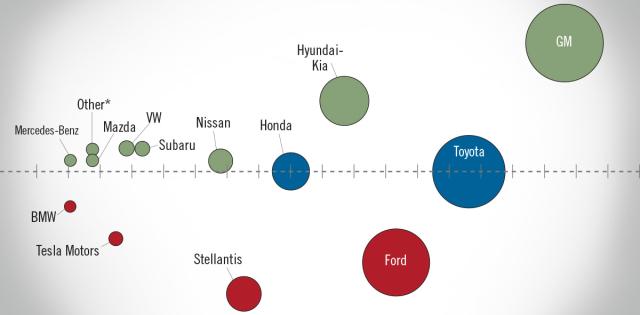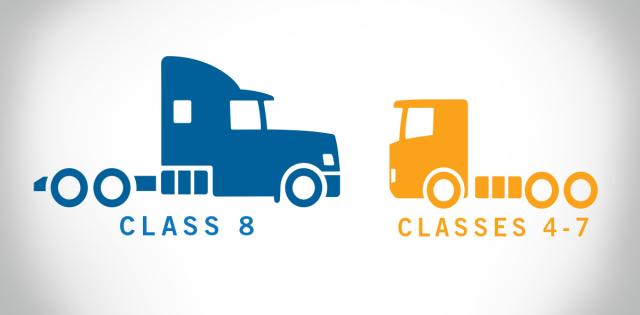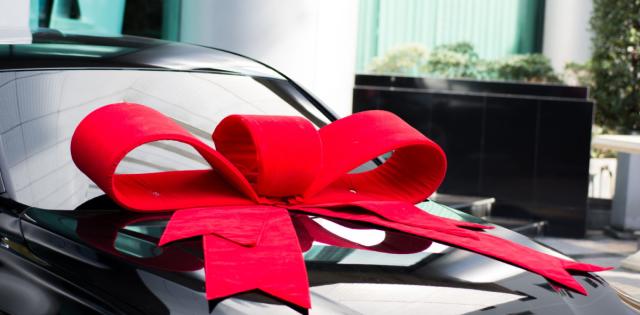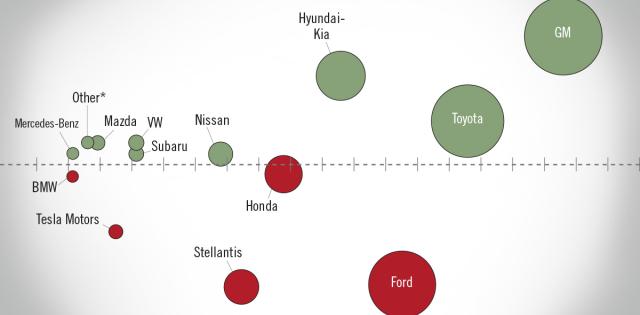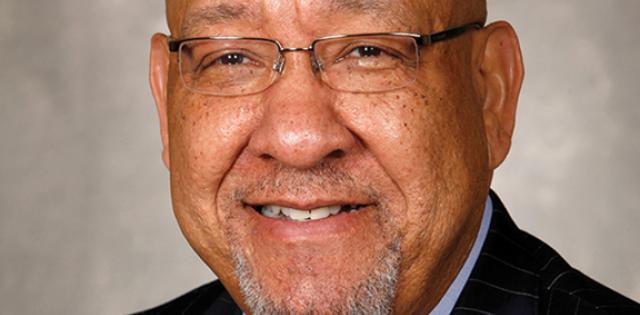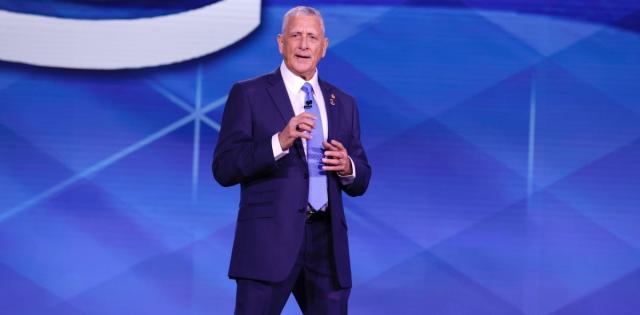The article below is sourced from Reuters Wire Service. The views and opinions expressed in this story are those of the Reuters Wire Service and do not necessarily reflect the official policy or position of NADA.
South Korea's Hyundai Motor on Thursday predicted slower sales growth this year due to weak demand and economic uncertainties such as interest rates and inflation, signalling further challenges for the auto industry.
Hyundai, which with affiliate Kia is the world's number three automaker by sales, reported a 31% rise in fourth-quarter profit, missing analysts' forecast due to unfavourable exchange rates and one-off costs related to the sale of its Russia plant in December.
"Hyundai Motor expects the business environment will remain difficult to predict, due to macro uncertainties centred on emerging markets and a downturn in the real economy," the company said in a statement.
Hyundai reported a net profit of 2.2 trillion won ($1.7 billion) for the October-December period, up from 1.7 trillion won a year earlier. That was below the 2.9 trillion won average forecast by LSEG SmartEstimate, which is weighted towards estimates from analysts who are more consistently accurate.
In December, Hyundai said it would take a 287 billion won ($219 million) loss on selling its plant in Russia, where operations have been suspended since March 2022, the month after Russia invaded Ukraine.
Hyundai is targeting revenue growth of between 4.0% and 5.0% this year, with a 4.9% rise in North American vehicle sales but declines of 3.7% in China and 0.6% in Europe.
The sales guidance is "relatively conservative", reflecting "apparent softening demand in the broad auto sector in the United States, Hyundai's biggest market," said analyst Shin Yoon-chul at Kiwoom Securities. Its U.S. sales rose 14% last year.
Competition in the U.S. market will likely intensify this year as component shortages from the pandemic stabilise and as other automakers resume normal production, Shin said.
EV UNCERTAINTY
Hyundai predicted an operating profit margin between 8.0% and 9.0%, in line with last year.
"It appears that pent-up demand for vehicles from limited supplies has been disappearing as high interest rates eat away car buyers' willingness to purchase," said Lee Jae-il, an analyst at Eugene Investment & Securities.
Hyundai will likely manage its vehicle inventory level more tightly than in previous years as the loss of pent-up demand, along with excessive inventories, hurt profitability, Lee said.
Another uncertainty is electric vehicles (EVs), where Hyundai and Kia together trail EV giant Tesla for highest U.S. market share. Tesla CEO Elon Musk on Wednesday warned of a sharp slowdown in sales growth this year.
Hyundai's global EV sales are expected to rise 12% this year to about 300,000 vehicles, said Zayong Koo, the automaker's senior vice president.
"The EV market has definitely been slowing down," Koo told a conference call after Hyundai announced its results. "It's not going to be a linear growth. We will definitely see a bit of a hiccup, or ups and downs, but nevertheless we will continue with that."
But Shin at Kiwoom Securities said that despite stiffer competition in the U.S. auto market generally, "When it comes to the U.S. EV market, Hyundai and Kia together would likely secure market share as they plan to launch new EVs".
Hyundai shares rose 2.0% on Thursday, while the benchmark KOSPI was flat.
For more stories like this, bookmark www.NADAheadlines.org as a favorite in the browser of your choice and subscribe to our newsletter here:


